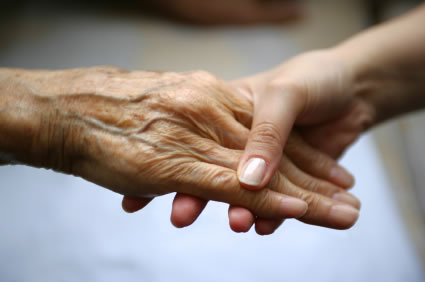
istockphoto
In addition, the study evaluated the contribution of individual common diseases to death using a nationally representative sample of older adults and found that dementia was the second largest contributor to death behind heart failure. Among 70-years-olds with Alzheimer’s disease, 61% are expected to die within a decade. Among 70-year-olds without Alzheimer’s, only 30% will die within a decade.
Alzheimer’s and dementia place an enormous burden on individuals and families. In 2012, there were more than 15 million caregivers who provided more than 17 billion hours of unpaid care valued at $216 billion. Individuals with dementia often require increasing levels of supervision and personal care as the disease progresses. As symptoms exacerbate as the disease progresses, the care required of family members and friends can often result in increased emotional stress and health challenges for caregivers. To learn more about the information released in Facts and Figures, visit alz.org to watch a video summarizing the report.
2013 Facts & Figures Facts and Figures also includes a special section focusing on the challenges faced by long-distance caregivers for people living with Alzheimer’s. The report finds that nearly 15% of caregivers for people with Alzheimer’s or another dementia are “long-distance caregivers” – caring for people with Alzheimer’s disease who live at least 1 hour away. These long-distance caregivers had annual out-of-pocket expenses nearly twice as high as local caregivers.
The Alzheimer’s Association provides a suite of free resources, programs and materials to assist individuals who live alone and their families, including:
Helpline: Available 24/7, this free call center (800.272.3900) offers information and support from master’s level clinicians.
The Alzheimer’s and Dementia Caregiver Center: From providing information about behaviors of those affected, to helping you find local support, our toolbox is available to help you answer even the complex questions.
ALZConnected: ALZConnected, powered by the Alzheimer’s Association, is a dedicated social networking community for anyone affected by Alzheimer’s disease; it provides a safe place for people to connect with others in similar situations 24 hours a day, 365 days a year at no charge.
For more information and resources to support those living alone with Alzheimer’s, visit the Alzheimer’s Association website at alz.org.
ᔥAlzheimer’s Association
